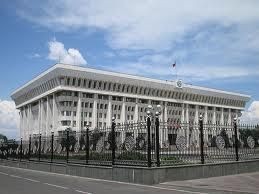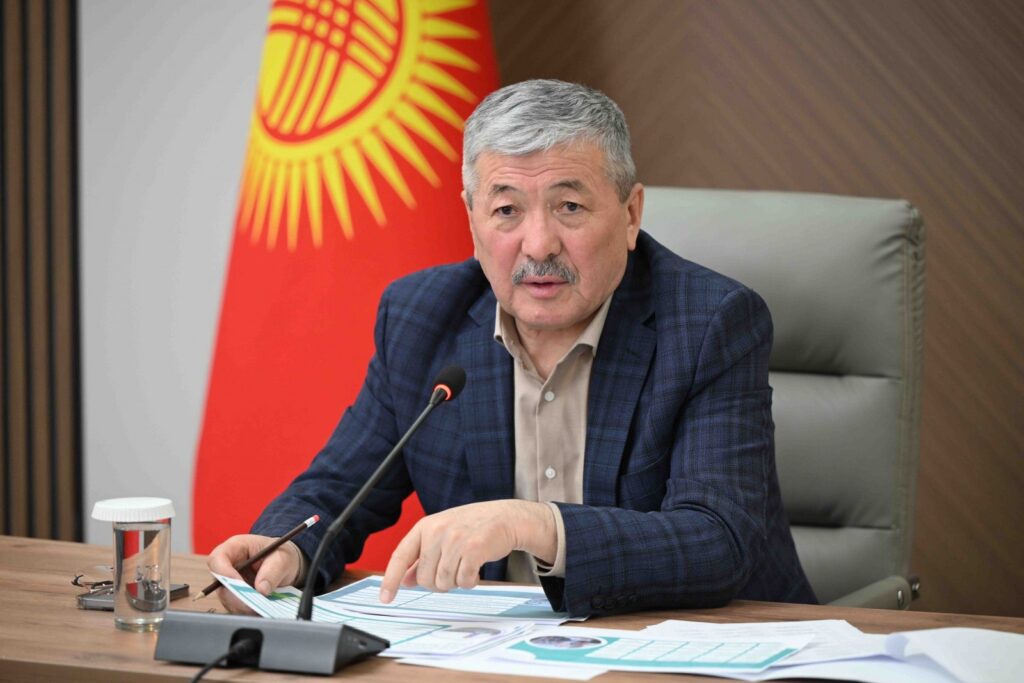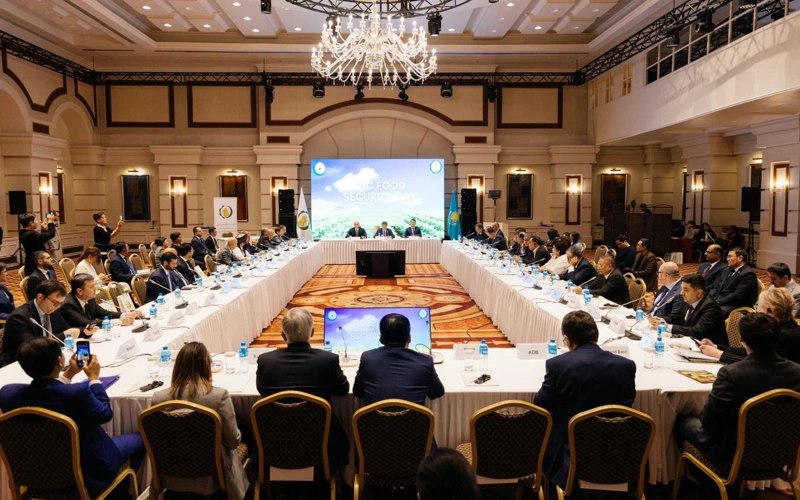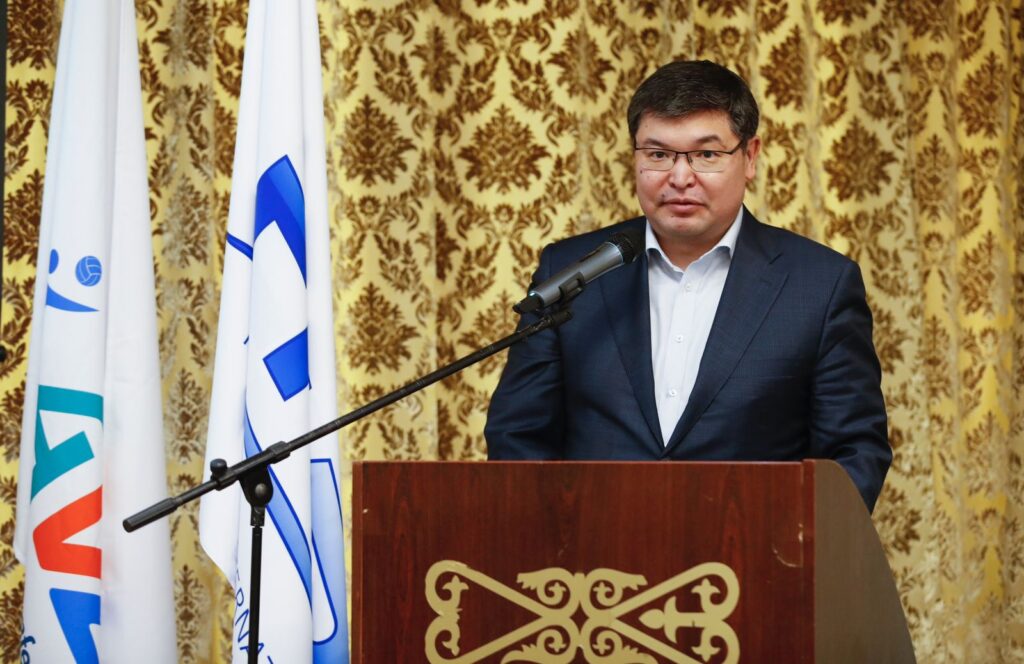BISHKEK (TCA) — The Kyrgyz Government’s tasks include increasing production and exports and import substitution of agricultural products, Kyrgyzstan Prime Minister Temir Sariyev said on March 14 while reporting on the fulfillment of the Government’s Anti-crisis plan at the meeting of the Parliament’s majority coalition, the governmental press service said.
In Sariyev’s words, out of nine staple food products, Kyrgyzstan fully meets domestic demand for only four types of products (bread, potato, vegetables including melons and watermelons, and milk) and partially imports the other five types of products (fruit, sugar, cooking oil, meat, and eggs).
Last year the country imported the above products for US $412 million or 10.1 percent of the total import.
In this connection the Government is working on the following priority directions in the agricultural sector: development of the processing industry and introduction of new technologies, creation of logistics centers for agricultural products, introduction of drip irrigation systems, construction of greenhouses, leasing of agricultural machinery, support of pedigree animal farms and seed farms, and construction of modern slaughterhouses.
The Prime Minister said that despite possible decrease in tax revenues, the Government has undertaken fiscal reforms to support business. The VAT threshold has been raised twofold. From 1 January 2016 the Government cancelled the sales tax for exporters of products and services. From 1 July 2016, the Government will introduce a zero sales tax for non-cash operations.
It is also planned to reduce the number of checkups of businesses by the sanitary authorities, the Prime Minister said.









